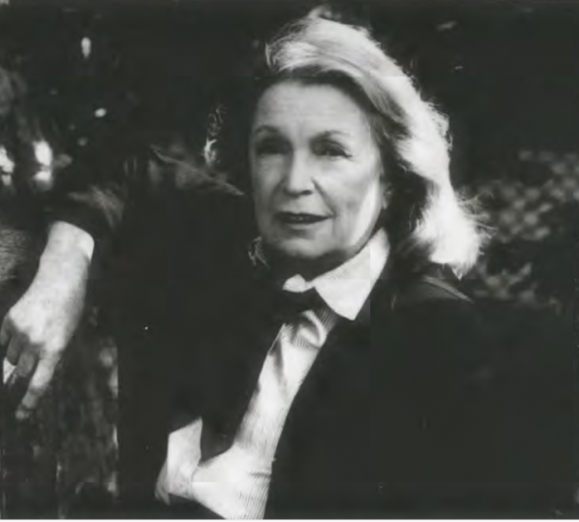November 12, 1913 – July 17, 2005
Geraldine Fitzgerald, the beautiful and talented screen and stage actress, died from complications of Alzheimer’s disease on July 17, 2005 at her Upper East Side home in New York. Fitzgerald had been battling the disease for over a decade and ultimately succumbed to a respiratory infection.
Fitzgerald was born in 1913 in Dublin where she lived during her childhood. She was intrigued by the stage and was encouraged to go into acting by her aunt, Shelagh Richards. Soon, Fitzgerald joined Dublin’s famous Gate Theatre, where her aunt was one of the leading stars. During her tenure at Gate Theatre, she acted alongside James Mason and Orson Welles.
Before moving to New York in 1938, she married an Irish aristocrat, Edward Lindsay-Hogg. Her husband was looking to dive into the songwriting business, bringing the couple to New York, where he could achieve his dream.
However, her husband’s songwriting business was not faring as well as anticipated, and Fitzgerald turned to her old friend Orson Welles, who gave her a part in a play, Heartbreak Hotel, he was directing at the Mercury Theatre.
Her longtime friend Norman Lloyd, also of the Mercury Theatre, said about her, “She was a staggeringly beautiful girl with the most delightful speech, a slight Irish tinge, not a thick brogue, and this glorious red hair.”
Soon after her theater debut, Fitzgerald was discovered by Hollywood. Warner Brothers signed her, and in 1939 she acted alongside Bette Davis in Dark Victory and Laurence Olivier in Wuthering Heights. Her role as Isabella Linton in Wuthering Heights won her an Academy Award nomination as best supporting actress.
During World War II, Lindsay-Hogg moved back to England, while Fitzgerald stayed in Los Angeles with their son. The couple divorced in 1946. That same year she met and married Stuart Scheftel. They stayed together until his death in 1994.
During the 1940s, Warner Brothers suspended Fitzgerald for refusing certain roles.
“My mother was just way too feisty to be in bondage to the Warner Brothers,” recalled her daughter, Susan Scheftel. The suspension didn’t stop her from starring in films such as Ten North Frederick (1943) and Wilson (1944).
When she returned to New York with her new husband, Fitzgerald formed the Everyman Street Theatre, which recruited actors and street performers from some of New York’s poorest neighborhoods. Soon, Fitzgerald developed an interest in stage directing, and she won a 1982 Tony nomination for directing the play Mass Appeal.
Fitzgerald is survived by her son, Michael Lindsay-Hogg, a director; her daughter, Susan Scheftel, a clinical psychologist in New York, and two grandchildren and a step-grandchild ♦


Leave a Reply